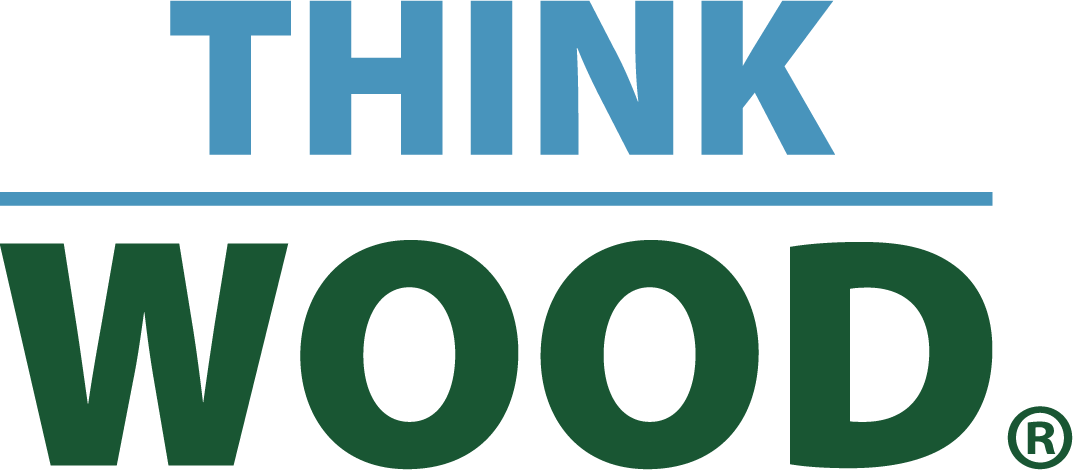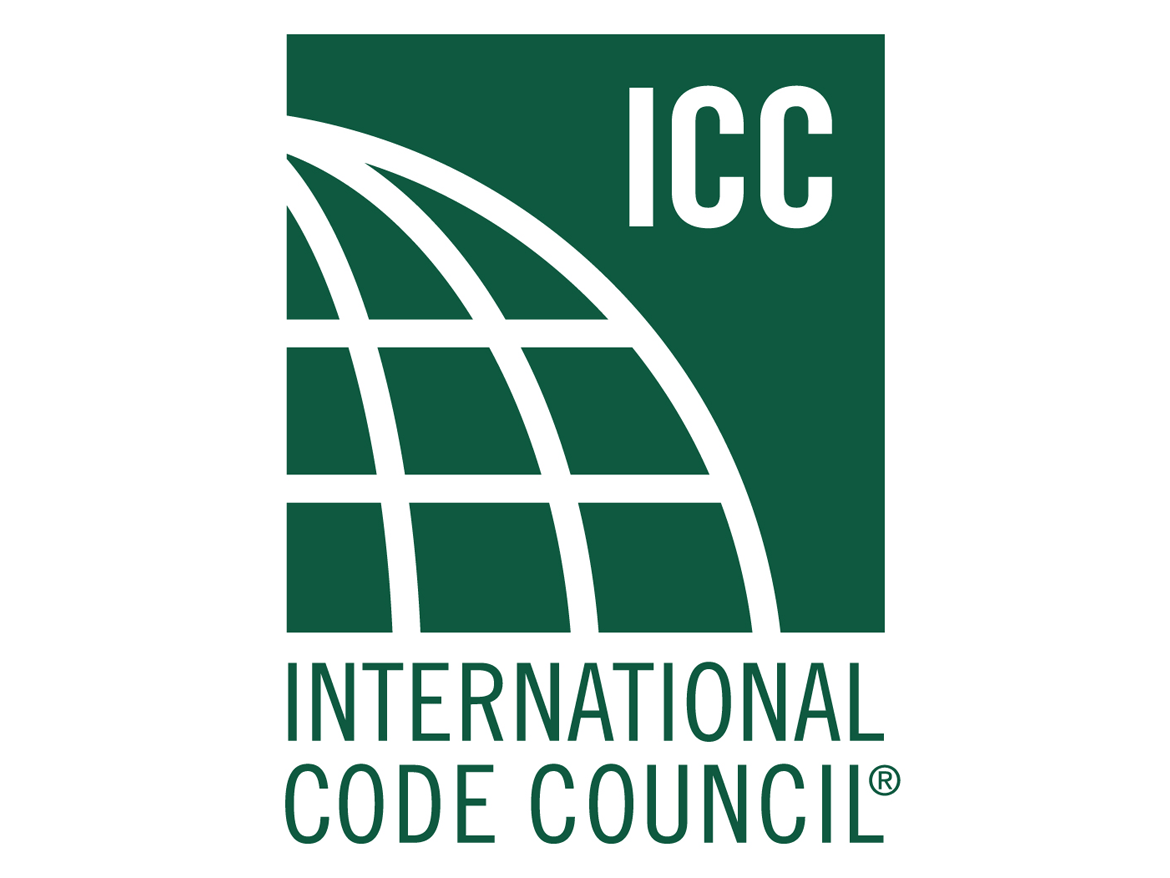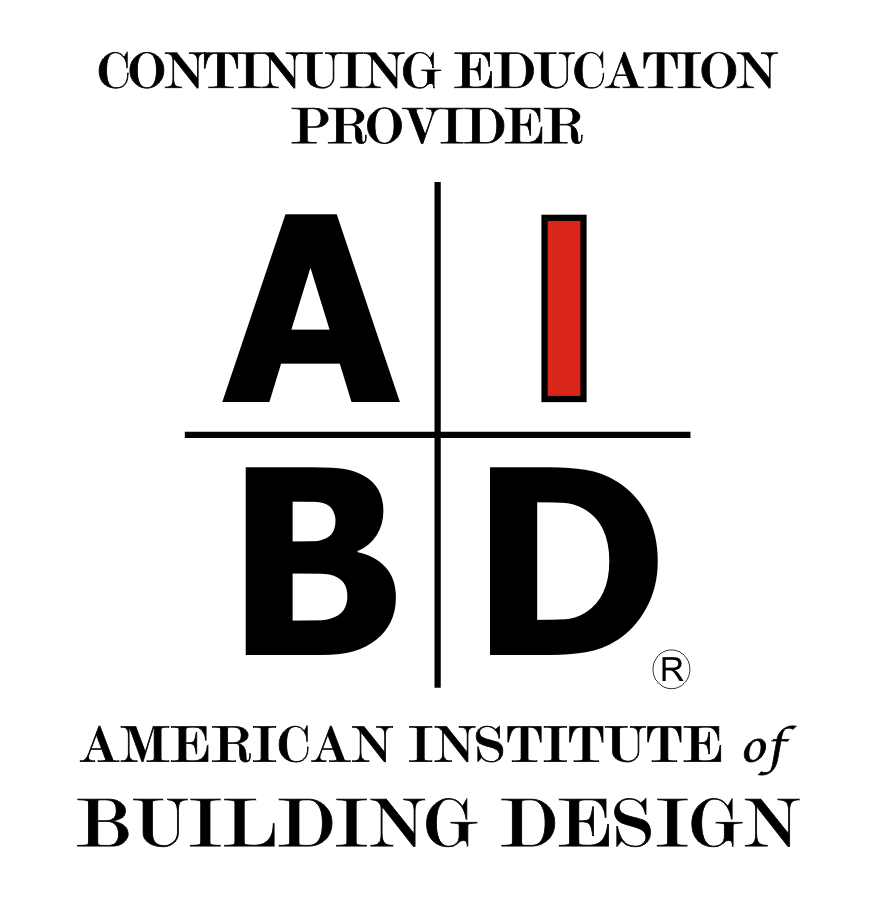Mass Timber as a Solution for Commercial Offices
Discovering the sustainable benefits, flexible design options, and economic opportunities by specifying mass timber in mid-size office buildings projects.
Sponsored by Think Wood | Presented by Elisa Rocha, Michael Waddell, Ben Waechter & Keith Alnwick
Webinar On-Demand
Whether designing all mass timber projects, or finding hybrid solutions where mass timber and other structural systems work together, a mass timber structure can provide a wide range of benefits for designers, builders, and ultimately building owners in mid-size office buildings.
Incorporating innovative wood systems into new and retrofit projects is an ideal way to achieve sustainability goals while satisfying code and aesthetic requirements. Mass timber's light weight and offsite prefabrication enable an efficient. timely. and exacting installation. These benefits allow for tighter construction schedules, fewer disruptions to occupants or communities, and reduced embodied carbon and job site waste
This AlA-accredited continuing education webinar is tailored for architects and engineers seeking advanced knowledge in designing and implementing mid-sized new commercial buildings and office retrofits using innovative wood structural systems.
Elisa Rocha, LEED AP BD+C, of TVA Architects, will present Advantis Credit Union Corporate HQ, which has served the Portland Metropolitan community for over 90 years and is locally owned by more than 75,000 members.
Seeking to consolidate multiple administrative spaces, Advantis envisioned a campus that would reflect its mission, emphasize community engagement, and support the financial health of its members. This corporate commitment deserved an equally focused design approach.
With thoughtful site selection, building architecture, and team collaboration, the new campus design evolved through a robust visioning process that drew heavily from WELL building concepts and LEED criteria while not directly engaging either certification. Composed of three buildings on a 12-acre site, the project provides spaces that contribute to users’ health and wellness while meeting the functional needs of an active work environment.
Gensler Architect's Michael Waddell will present Fifth and Tillery, the firm’s revitalization of a post-industrial site in East Austin. The project reimagines a large warehouse footprint as a vibrant indoor-outdoor creative office building. Marking the transition from a lush neighborhood to an industrial district, the design concept for the building infuses its industrial surroundings with vibrant green spaces.
Fifth + Tillery envisioned the potential of the modern workplace. Its palette was kept intentionally utilitarian and natural, with a hybrid timber structural system complementing the warmth and beauty of the verdant landscape dispersed throughout the space. Focusing on sustainability and well-being, Fifth + Tillery features a canopy of solar panels to power the office building and a water runnel to collect rainwater for irrigation. The seamless integration of nature throughout draws users into common spaces, creating a dynamic social environment that encourages chance connections and spontaneous collaboration.
Waechter Architecture's Ben Waechter, FAIA, Principal and Keith Alnwick, Research and Development Director, will present The Mississippi Workshop project, a mixed-use, mass timber building located on a prominent commercial avenue in Portland, Oregon among structures of varied type, character, and construction. Mississippi was designed, developed, and built by Waechter Architecture as a proving ground for sustainable building systems and ‘all-wood’ construction technologies, and equally, as a forum for new creative conversations.
Mississippi is the first commercial project in Oregon to use mass timber construction for all components of the building’s structure. Other than a ‘rain jacket’ of weathering steel on the exterior and radiant concrete flooring, all surfaces within the building are exposed wood without the need for additional finishes or fireproofing. This approach creates a simplicity and wholeness that is absent in standard CLT or traditional frame construction and creates spaces with uncommon warmth, beauty, and durability.
At the end of these dynamic presentations, there will be a brief Q&A session to discuss key points from the webinar.

Photo courtesy of Ryan Gobuty
Advantis Credit Union Corporate Headquarters, Oregon City, OR
 |
Elisa Rocha , LEED AP BD+C is an Associate Principal at TVA Architects, a nationally recognized architectural, interiors and planning design firm based in Portland, OR. Known for award-winning design excellence, TVA works as committed stewards of the client’s resources, dedicated to delivering the best value and highest quality outcomes. Established in 1984, the firm proudly became a majority women-owned business in 2019. With 28 years of experience, Elisa has been engaged in a wide range of project types, spanning office, retail, multi-family housing, and higher education. Over her 20 years with TVA, Elisa’s leadership has been instrumental to the success of many large-scale projects. Notably, she recently served as the Project Manager for the Advantis Credit Union Corporate Headquarters in Oregon City, Oregon. Elisa shares her knowledge and dedication to sustainable design by serving as a valuable project team resource, as well as the Chair of AIA Oregon Committee on the Environment. A registered architect in the State of Oregon, Elisa holds a Bachelor of Architecture from California Polytechnic State University, San Luis Obispo. |
 |
Michael Waddell, Design Director, Gensler Architects, leads project teams from concept design through completion on projects ranging from hospitality and building repositioning to retail prototypes and flagships. Retail Studio Roles: Technical Leader, Specifications Leader & Design Performance Leader, Gensler University NextGen Class of 2015 Graduate. |
 |
Inspired by experiential and clear, distilled design, Ben Waechter founded Waechter Architecture (WA) in order to pursue these concepts in his work. Prior to forming WA, he worked locally and internationally with leaders in architecture including Allied Works Architecture (Portland, OR) and world-renowned architect Renzo Piano (Genoa, Italy). Ben is an award-winning and published designer whose principles lie in providing bold forms arrived at through exercises in concept, distillation, and intelligent programming. His experience includes a wide range of building types: cultural, hospitality, commercial, multi-family, and single-family residential. |
 |
Keith Alnwick received his Bachelor of Science and Master of Architecture Degrees from the University of Virginia prior to moving to Oregon in 2000. Serving as Research & Development Director, Keith brings a range of skills in business and early project development, as well as 20 years of experience working on a wide range of arts, academic, civic, cultural, and workplace projects. While at Portland’s Allied Works, he assisted with the research, planning, and concept development for projects across the US and internationally, including the Clyfford Still Museum in Denver, Pixar Animation Studios in Emeryville, California, and regional, community-centered projects such as the award-winning Benton County Historical Society Museum in downtown Corvallis, Oregon. |
LEARNING OBJECTIVES
- Identify the natural benefits of mass timber that help support environmental and sustainable goals for a building project.
- List the attributes of mass timber that can help reduce both the embodied and occupied carbon footprint of a mid-sized commercial building.
- Recognize the design benefits of specifying mass timber products when trying to achieve sustainable and aesthetic goals in commercial office retrofits.
- Discuss how mass timber and innovative wood products can be an ideal choice for mid-sized commercial office building projects where attention to detail is critical to satisfy environmental goals.











